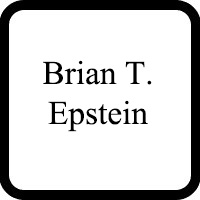Shoreham Criminal Lawyer, New York
Sponsored Law Firm
-
 x
x

Click For More Info:
-
Law Office of Adrienne D. Edward P.C.
549 Summit Ave Jersey City, NJ 07306» view mapCriminal Defense & Family Law Effective Legal Strategies
Our practice is committed to serving the unique needs of every client. We strive to make you feel heard, valued, and empowered at every stage of the legal process.
201-420-8850
Brian Todd Epstein
✓ VERIFIEDAccident & Injury, Criminal, Divorce & Family Law, Estate, Real Estate
Attorney Epstein graduated with his J.D. from Touro College. Attorney Epstein practices Divorce & Family Law, Criminal, Accident & Injury, Estate, and... (more)
Paul Rethier
Bankruptcy & Debt, Divorce & Family Law, Criminal, Accident & Injury
Status: In Good Standing
FREE CONSULTATION
CONTACTMel Jacoby
Accident & Injury, Bankruptcy & Debt, Criminal, Divorce & Family Law
Status: In Good Standing
FREE CONSULTATION
CONTACTMel Jacoby
Bankruptcy & Debt, Accident & Injury, Criminal, Divorce & Family Law
Status: In Good Standing
FREE CONSULTATION
CONTACT Adrienne D. Edward Jersey City, NJ
Adrienne D. Edward Jersey City, NJ Practice AreasExpertise
Practice AreasExpertise

